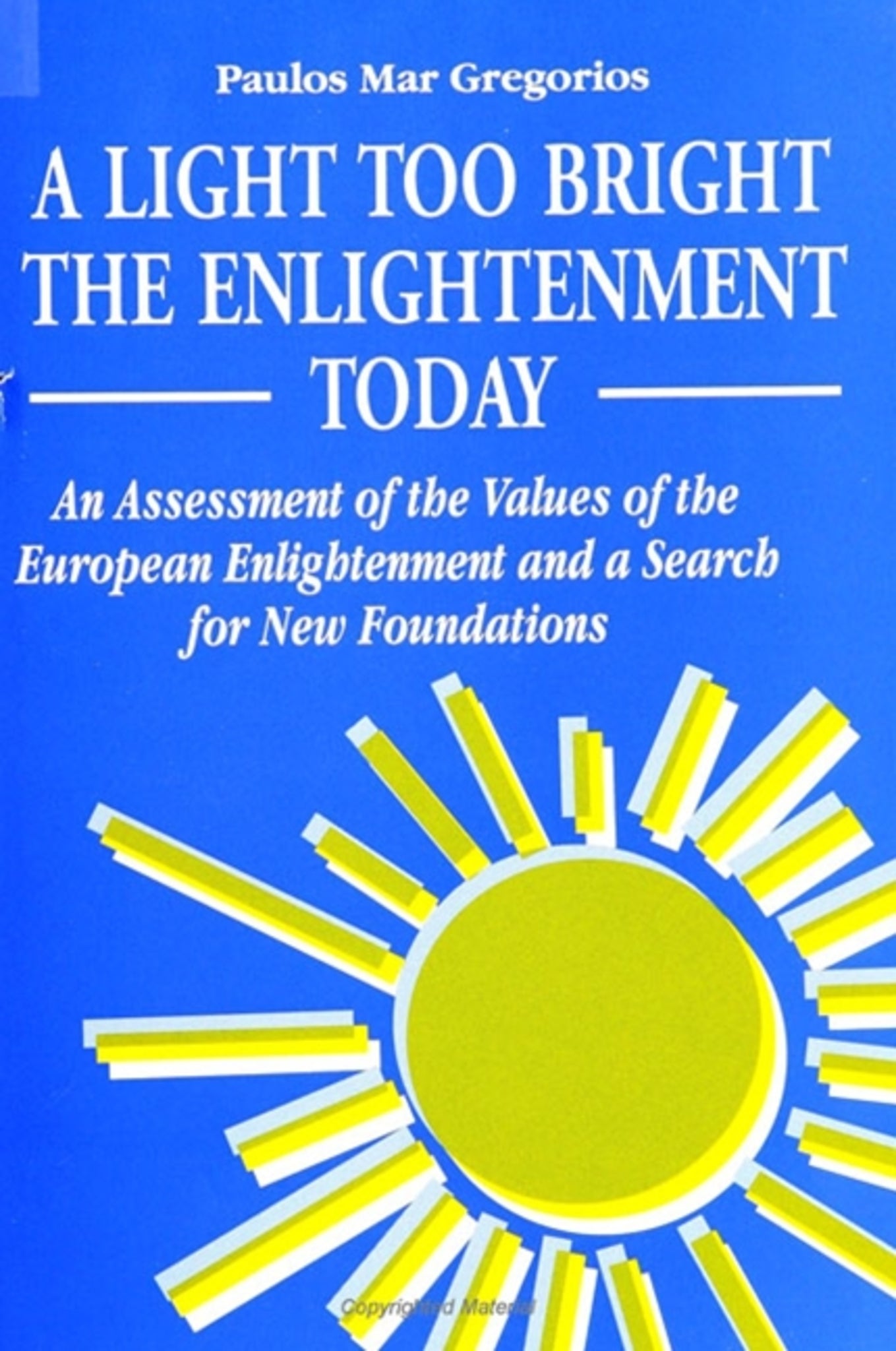We're sorry. An error has occurred
Please cancel or retry.
A Light Too Bright

Some error occured while loading the Quick View. Please close the Quick View and try reloading the page.
Couldn't load pickup availability
- Format:
-
17 August 1992

Questioning the very legitimacy of Western liberalism and the modern secular civilization it has given rise to, Dr. Gregorios critically examines the values of the European Enlightenment of the eighteenth and nineteenth centuries, and the corporate drive of European peoples by which they have dominated the external world. He shows that both Capitalism and Marxism, as well as Modern Science and Technology are creations of the same spirit, he argues.
The powerful light of Critical Rationality emitted by the European Enlightenment is like the light of the sun. It is bright and helpful for seeing this world in detail, but too bright to let us see the night sky and the vast expanses of the universe. This "light too bright" eclipses the Transcendent. Dr. Gregorios invites us to appropriate the other Enlightenment of the overall-religious-cultural outlook in a new way and to relate it to the valid insights of the European Enlightenment.


"The author has a special talent for bringing together vast amounts of material and summarizing in clear and insightful ways. This critique of the European Enlightenment is most significant in itself. While there have been other books on the Enlightenment, the approach taken here is unique and could only have been offered by a non-European." — Harold G. Coward, University of Calgar
Preface
1. Getting Oriented
2. Religion, Culture, and the Secular: Concepts to be Clarified
3. What is the European Enlightenment?
4. Europe: Adventure and Expansion
5. Ideas: Hegel
6. The Dialectics of the Enlightenment: Knowledge—Its Function and Foundation
7. Theory for Practice, Or the Other Way Around?
8. Justice, Human Rights, and the State in European Civilization
9. Science, Technology, and the Enlightenment: Will They Go On Reinforcing Each Other Indefinitely?
10. Reason's Unreason: Ten Questionable Assumptions of Enlightenment Rationality
11. Turning to the Other Enlightenment: The European Tradition Revisited
12. The Twain Shall Be One: On Bringing the Two Enlightenments in Integral-Dialectical Relation to Each Other
Notes
Index



